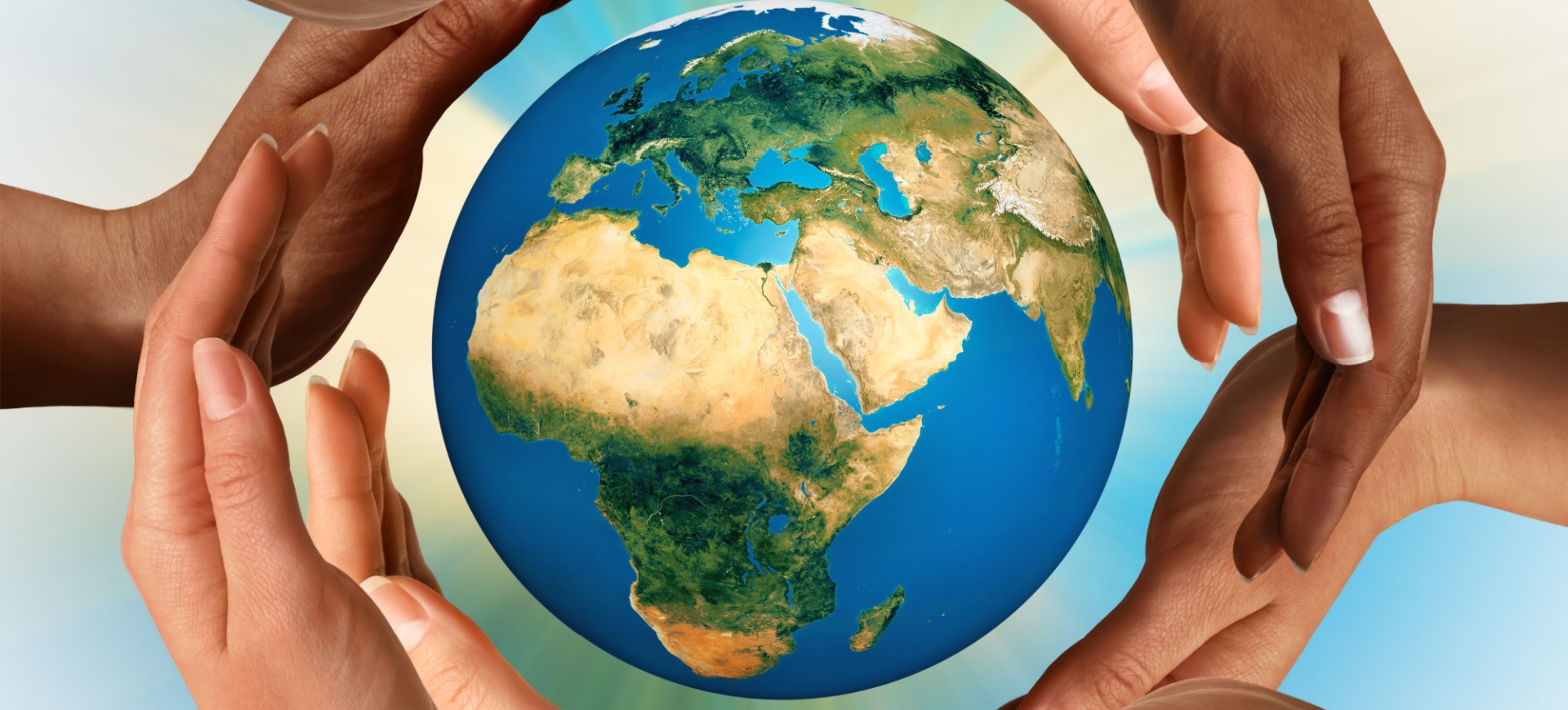ADVOCACY Building trust for a healthier world
In an age of global challenges, trust is vital for effective health cooperation. That’s why the World Health Summit 2024 focused on rebuilding this trust to ensure a healthier, more equitable world
In an era of unprecedented global challenges, from violent conflicts and pandemics to climate change and geopolitical instability, trust has become a critical and increasingly threatened commodity.
The World Health Summit 2024, under the leitmotif ‘Building Trust for a Healthier World’, provided a timely platform for addressing many aspects of global health where trust plays a central role. For sustained international cooperation and the effective work of international health agencies, as well as for the fruitful interaction between academia, politics and populations, reliable and justified trust is essential to promote global health and sustainable development.
The backdrop for the discussions at this year’s World Health Summit could not be more contradictory. On the one hand, technological innovations and medical breakthroughs are progressing at an unprecedented speed, with AI and global communication transforming healthcare delivery and research. This offers a wealth of new options ranging from personalised medicine to better health coverage in rural settings.
On the other hand, the climate crisis, nationalistic tendencies, religious tensions and augmenting inequities render the world more fragile than ever. Geopolitical conflicts in Ukraine, Gaza, Sudan and many more places, overload and disrupt health systems. At the same time, the international cooperation needed to tackle these and other pressing health issues becomes increasingly difficult. The erosion of trust during the Covid-19 pandemic, fuelled by misinformation and the politicisation of health measures, has left lasting scars as it has exposed vulnerabilities in health systems, evidenced by vaccine hesitancy and public resistance to health measures.
More than half of the world’s population lacks access to essential health services, and the rising threat of pandemics and infectious diseases is intensified by climate change and the destruction of natural habitats. The progress towards the Sustainable Development Goals is significantly lagging behind the original timeline. This is precisely the reason why (re-)building resilient health systems and ensuring global cooperation on future health threats are critical. We need multistakeholder solutions for complex challenges; we need transparent, open dialogue between governments, the public and the scientific community.
The touchstone for our support of global cooperation and the determination to reach the SDGs are efforts to strengthen our joint multinational, global institutions, most importantly the World Health Organization. This is highlighted by the WHO Investment Round, which represents a new approach to securing sustainable funding for global health efforts.
The WHO Investment Round
At this year’s World Health Summit, the German government, together with other nations including European co-hosts France and Norway and major international philanthropies, substantiated their support for the first-ever WHO’s Investment Round. This initiative is designed to secure predictable, flexible and sustainable funding for the organisation’s strategic work over the next four years, covering the period of 2025 to 2028. The pledging moment marks a transformative shift in global health funding by engaging both new and existing donors. These efforts will culminate at the G20 Summit in
Rio de Janeiro this November.
Over the past decades, an increasing fraction of WHO funding has been earmarked for specific projects, limiting the organisation’s ability to develop and implement strategic initiatives that allow it to respond to emerging health threats and changing global conditions. The Investment Round seeks to change this by raising resources that will enable WHO to address a broad range of challenges, including pandemic preparedness, antimicrobial resistance, climate change and inequities of universal health coverage. This includes, among many other aspects, improving access to essential health services, saving lives through improved vaccine distribution and addressing the health workforce crisis.
The timing of the WHO Investment Round is particularly significant. With Brazil holding the G20 presidency in 2024, the summit provides a unique platform to convene world leaders and focus on health equity. Brazil’s President Luiz Inácio Lula da Silva, supporting a renewed focus on multilateralism, is leveraging the G20’s global reach to spotlight the health equity goals championed by WHO.
Europe’s role
The WHS 2024 also highlighted the strong European support for WHO in the lead-up to the G20 Summit. European nations, traditionally strong supporters of WHO, used the World Health Summit as a platform to demonstrate their leadership and alignment with WHO strategic goals.
As we look ahead, it is clear that building trust is the foundation for achieving global health security and sustainable health development. In these times of geopolitical instability and global health crises, trust is not merely a desirable quality — it is a necessity. One pillar on which such trust can be based is concrete actions of governments worldwide to empower their multinational organisations to fight for better health coverage. The WHS, European governments and the G20 Summit all underscore the importance of predictable, flexible funding for global health and WHO, as well as the need for international collaboration in tackling the most pressing challenges of our time.
Building trust is the key to a more sustainable world and to secure a healthier future for all. This is not a one-time effort but an ongoing process, which requires transparency, accountability and a commitment to equity.












